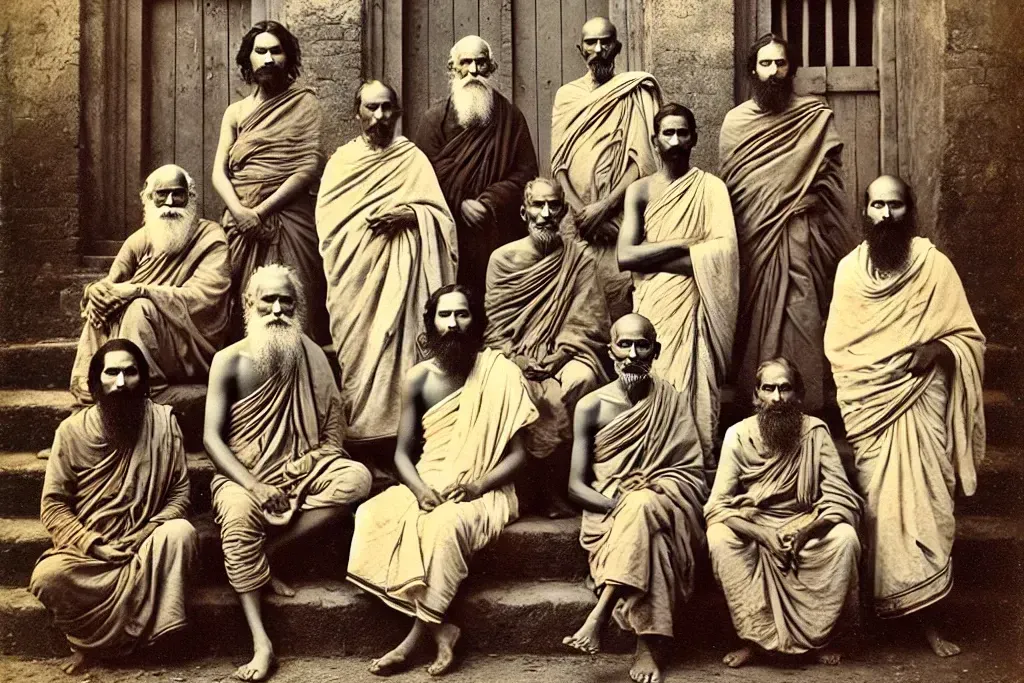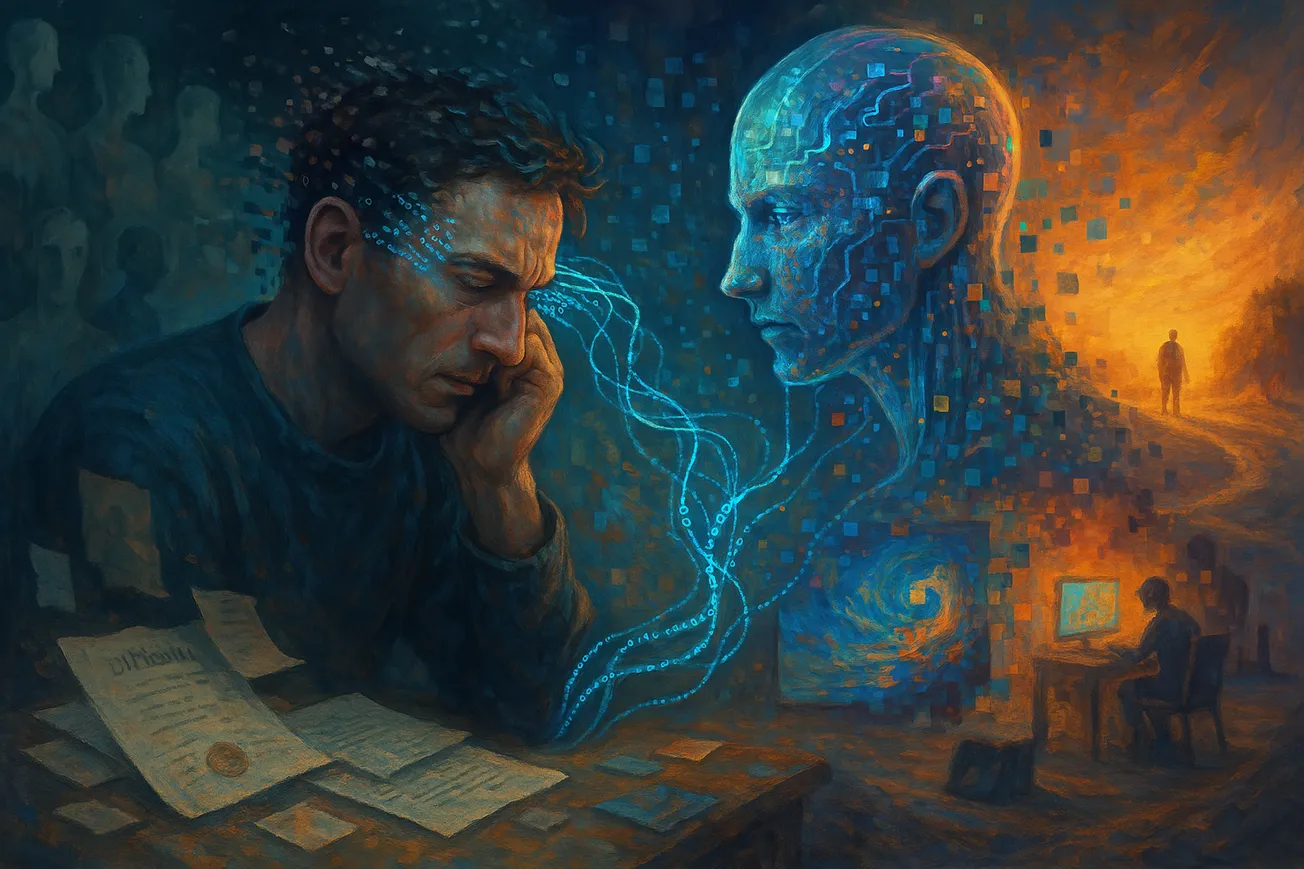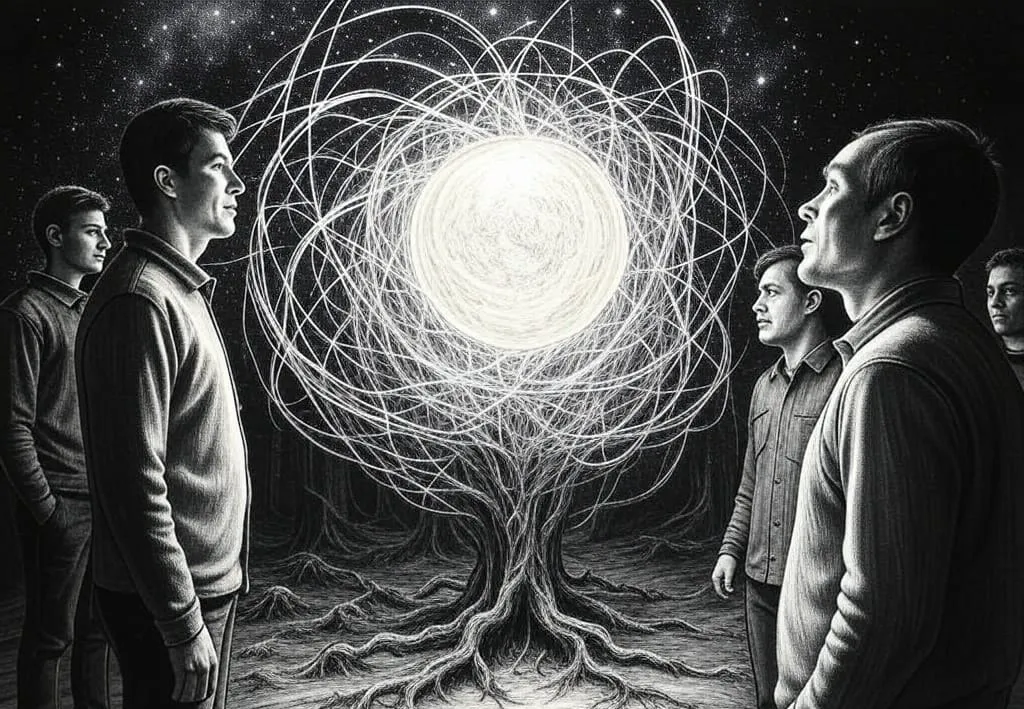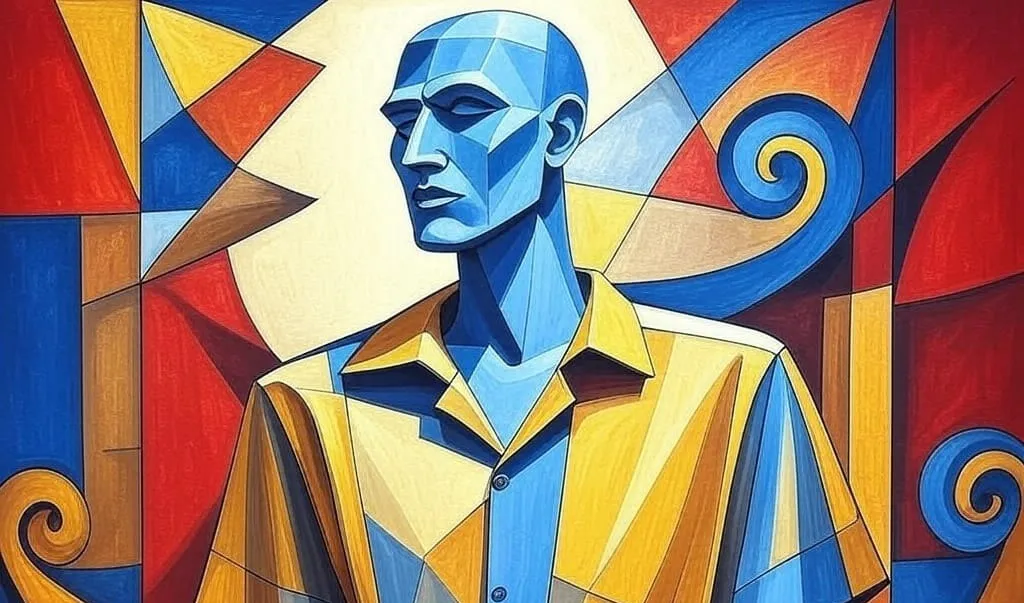Ever feel like you’ve got it all—friends, likes, success—but still feel empty inside? You’re not alone. Leo Tolstoy, a famous writer, felt the same way. He had fame, money, and a family, but he still asked: “If everything ends in death, what’s the point of living?” His story is wild, and it might hit home for you. Let’s break it down.
Tolstoy’s Crisis: When Everything Isn’t Enough
Picture this: Tolstoy was a big deal. He wrote huge books like War and Peace, had fans everywhere, and lived a life most people dream of. But inside? He was a mess. He woke up every day feeling lost, like nothing mattered. It’s like being an influencer with a million followers but still feeling alone.
He couldn’t shake this thought: “If I’m just gonna die, why bother?” Success didn’t make him happy. It made the emptiness worse. He even thought about ending it all. But something kept him going. What was it?

The Search: Books and Brains Didn’t Help
Tolstoy was smart. He figured the big thinkers—guys like Plato and Nietzsche—must have answers. So he read everything. Philosophy? Nope. Schopenhauer said life’s just suffering. Science? Worse. It told him we’re all random specks in a cold universe. No comfort there.
The more he dug, the worse he felt. It was like scrolling for answers online and only finding stuff that stresses you out more. He couldn’t sleep, barely ate, and pulled away from his family. Logic wasn’t saving him—it was sinking him.
The Discovery: Meaning in Simple Lives
Then Tolstoy noticed something weird. Poor peasants—people with no fame or money—seemed happier than he was. They worked hard, loved their families, and didn’t overthink everything. They weren’t stressed about life’s “meaning.” They just lived it.
He talked to them and saw they had faith. Not fancy church stuff, but a quiet trust that life mattered. They found joy in small things—work, kids, a sunny day. Tolstoy was blown away. He thought: “Maybe I’ve been looking in the wrong places.”
The Lesson: It’s Not About Answers
Here’s what Tolstoy figured out: meaning isn’t a test you ace with your brain. It’s something you feel when you live with purpose. It’s in helping someone, loving people, and trusting life—even when you don’t get it. He said: “The meaning of life is to serve others and live with love.”
You don’t need to be rich or famous to find it. It’s in the little moments—a text to a friend, a laugh with your crew. But here’s the real talk: he didn’t solve everything. He still had doubts. Maybe meaning isn’t something we fully grab—it’s something we chase and feel along the way.
So What Then?
Tolstoy’s story leaves us with big questions. What makes your life worth it? Is it the next win, the next post, the next like? Or is it something simpler—something right in front of you? He didn’t find a perfect answer, and maybe we won’t either. Life’s messy like that.
Next time you’re scrolling and feel lost, think about this: maybe meaning isn’t out there to find. Maybe it’s in how you live right now. Share this with someone who gets it. We don’t have it all figured out—and that’s okay.






